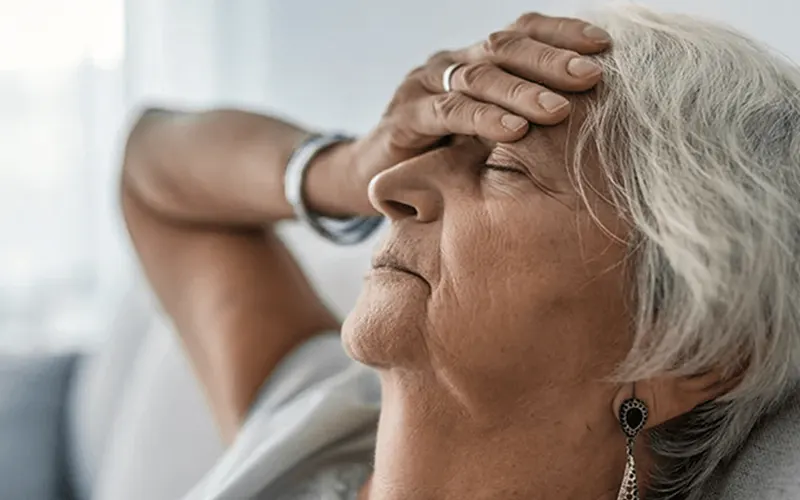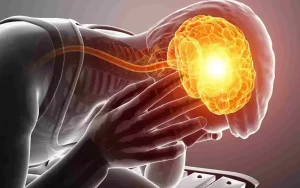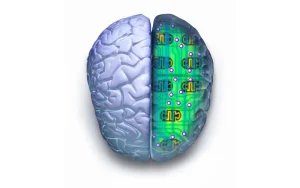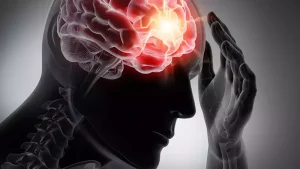IMPORTANT NOTES
- Growing older may reduce our capacity to endure life with migraine.
- We become even more aware of the time lost due to chronic illness.
- Rather than appreciating the relief from one, we might become consumed by worry about the next attack.
Lately, I had been relatively fortunate with my migraine attacks. Usually, with the help of my rescue medications, the headache would only last a day…
That is, until about a month ago, when I found myself in the midst of an almost four-week relentless attack. It refused to let up, no matter what I tried.
It wasn’t always at full intensity; the severe episodes were interspersed with days where I could function, and some days the pain stayed confined to my neck. However, throughout this period, all the other symptoms of my migraine persisted – extreme fatigue, lack of energy, irritability, mental fogginess, difficulty finding words, weakness, and that overall feeling of being unwell.
What became apparent to me during this time is that as I grow older (I had my first migraine at 14 and I’m now 59), I have less and less patience for these prolonged attacks. Not that I ever had much acceptance for them, but losing a month of my life is harder to bear now. The fear of being stuck in a long cycle indefinitely is also more daunting. Day after day, waking up and finding “it” still there.
However, there was also a positive experience that I went through. The immense joy when the cycle finally breaks after a month, and the monster finally leaves my entire being:
“…the happiness of waking up and immediately knowing that the migraine cycle has ended; on these days, I raise my head feeling like a genuine force has lifted from my brain and body; suddenly, I’m me again… I never feel more grateful and present than when I experience this ‘lift.’ I soak in all the beauty of the day, and I have energy because now I can truly live, not just exist – at least for this moment” (O’Shea 106).
I longed to rise, attend to everyday tasks both indoors and outdoors, and spend time with friends and family.
Yet, there’s been a growing issue with age – the swiftness and intensity with which the fear of its recurrence engulfs me, persisting almost a week later. I’ve always grasped the concept of this “fear of return”: “But, migraine waits for me. What if I try to do too much? What if it comes back? No, when will it come back? A turn of the head, a sudden movement, a period of stress, staring at the computer screen for too long. Chronic migraine sufferers grapple with this fear” (O’Shea 106).
However, this time around, it was so overwhelming and all-consuming that I was almost on the lookout for signs of its comeback. Even if I woke up feeling well, I hesitated to schedule anything later in the day, fearing a sudden change in my condition. Part of me even contemplated taking one of my medications as a precaution against a potential attack.
A study published in The Journal of Headache and Pain investigated the connection between cephalalgiaphobia and migraine. Cephalalgiaphobia, defined as “the fear of experiencing a headache attack during a pain-free period, which may lead patients to use pain relievers even in the absence of pain to prevent headaches and enhance their performance,” has long been a concern for doctors due to its association with potential overuse of medication in an attempt to alleviate the fear. The study mentioned above concluded that, “Further research is needed to thoroughly explore the cause-and-effect relationship between cephalalgiaphobia and an increase in migraine frequency” (Giannini et. Al).
What steps can I take to help myself in the future?
- Monitor my medication usage carefully, being mindful of the potential for overuse, which could inadvertently lead to a cycle of recurrence.
- Communicate these fears with family and friends so they have a better understanding of the full spectrum of my experience after a prolonged and severe attack.
- Acknowledge and accept the reality and origins of these fears, while also being cautious not to overmedicate or allow the fear to dominate my mindset.
Ultimately, as days pass without an attack, the fear tends to diminish. As I age, my aim is to remain present, relishing the liberating sensation of being free from the condition, rather than fretting about what the future may hold.








